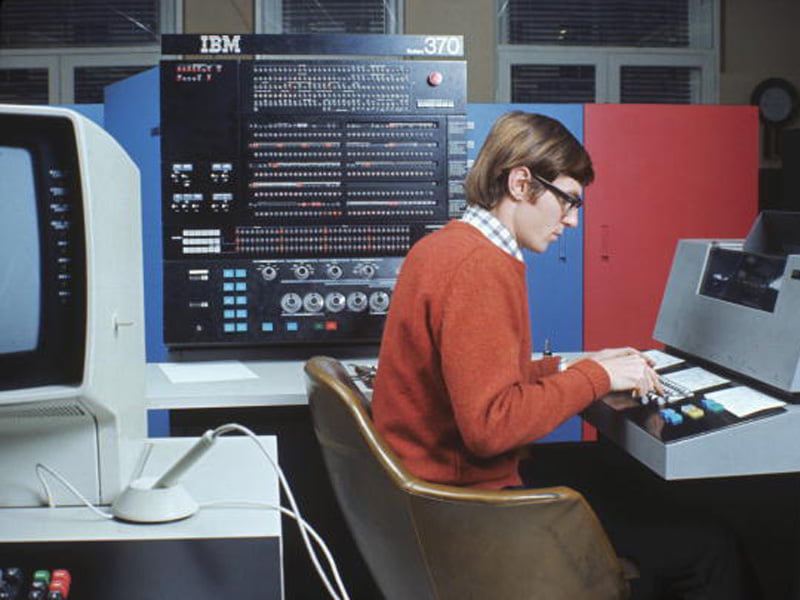Yesterday I took a walk down memory lane.
Enterprise software company BMC is holding its annual Australian user conference in Sydney, and I was able to catch up with a company I have followed for more than a quarter of a century.
BMC is one of the few mainframe systems software vendors to have made it into the modern era. The only other ones still around are CA (the company formerly known as Computer Associates) and Compuware. All the other great names of the mainframe era have gone, usually acquired by one of the remaining trio.

You have to have grey hair to remember companies like Legent, SKK, Goal Systems, Boole & Babbage, Duquesne, Uccel, and Sterling Software, or Australia’s Software Development International, which ruled the mainframe network management with its Net/Master tool.
All these companies came into being, to make IBM mainframes easier to operate. And cheaper – or at least less expensive.
IBM’s own systems utilities were notoriously clunky and expensive. The add-on mainframe systems utility market thrived.
Now mainframes are in decline and these companies have had to evolve. BMC – as evidenced by the fact that it has survived – has done it better than most.
It now bills itself as a ‘digital enterprise management’ company, with an impressive range of products to “help companies advance their digital transformation.”
There is a strong Australian connection to BMC’s evolution. Like the other survivors it has been a great acquirer, and one of its first and most successful acquisitions was of Australian company Patrol, in 1995.
Patrol was developed in Australia by ex Oracle man Martin Picard, who said he got the idea when sailing solo from the US to Australia in the early 1990s.
He rigged up various automatic alarms to wake him if something out of the ordinary was happening on the boat while he was sleeping. Patrol was designed to do the same thing for computer systems.
BMC paid $34 million for Patrol, which was considered a vast amount of money back then. It got its money back very quickly, with Patrol becoming its biggest selling product and the first to take it well beyond the mainframe world.
Patrol was a concept as much as a product. It comprised a series of specialised ‘knowledge modules’ that acted as agents within applications, trapping information about the software and relaying it back to a central console.
Users could define parameters that indicated the state of the application, thus allowing Patrol or Patrol-enabled monitoring tools to take action to rectify any problems that occurred.
BMC cut deals with CA, Digital (remember them?) and HP to incorporate Patrol within their own systems management products. The software became something of a de facto industry standard for software monitoring and management.
I must confess to a personal interest here. Back then I had a sideline as Asia Pacific correspondent of Software Magazine, out of Boston, one of the industry’s leading global IT publications.
I wrote a major story about Patrol in 1995, which Martin Picard subsequently told me was instrumental in bringing the product to BMC’s attention.
He subsequently gave me a nice dinner on the yacht he acquired after the BMC acquisition, but the big fat cheque for services rendered must have gone missing in the mail.
BMC kept the Patrol development team in Australia.
One of them, a Russian named Kiril Tartarinov, subsequently had a very successful career with Microsoft helping that company move into the systems management space. He then headed Microsoft Business Solutions, leaving only this year as part of Satya Nadella’s cleanout.
Unfortunately, as Patrol evolved and became subsumed within other BMC product sets, the development team dissipated and BMC Australian development centre ceased to be. This is a sad but all too frequent tale.
Smart software is developed in Australia, gets acquired by a US company, adds to the bottom line and disappears over time – along with the development team.
Perhaps Australia is fated to be a technology colony. It was happening in the 1980s and the 1990s, in the mainframe era, and it is still happening today.
The more things change.
*Photo Credit: Getty
Do you know more? Contact James Riley via Email.

